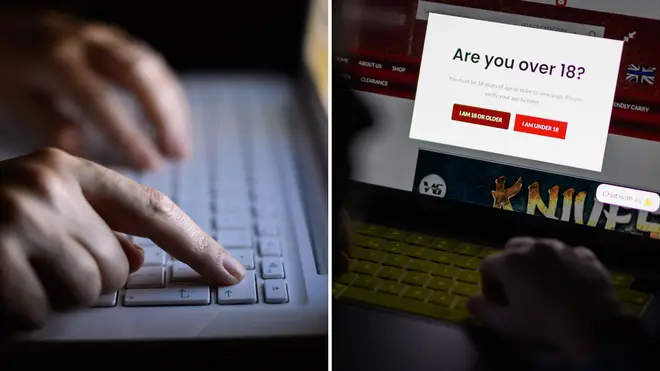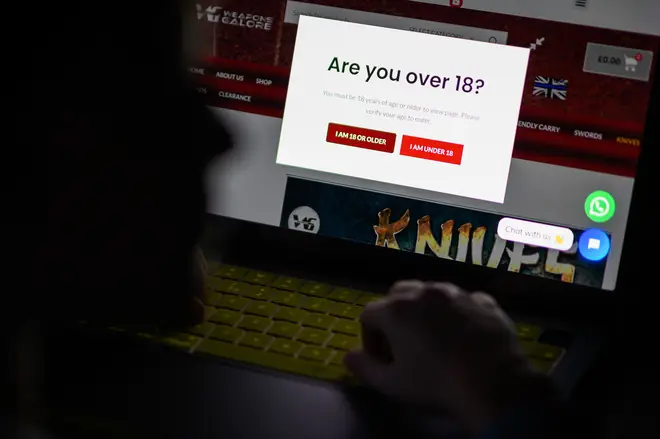
Oli Dugmore 4am - 7am
19 September 2023, 21:17 | Updated: 19 September 2023, 21:20

The controversial Online Safety Bill passed its final parliamentary hurdle this week - but what does it mean and why has it faced opposition?
After years of delays, the Online Safety Bill was approved by peers on Tuesday meaning it will soon become law.
The bill has faced pushback since it was conceived in 2019, as critics have expressed concerns over how it may impact freedom of speech and privacy.
But now that it’s finally set to become law, here’s everything you need to know about the bill and what it means for online users.

The bill has been hailed by the government as a piece of legislation that will make the UK “the safest place in the world to be online”.
Under the bill, companies such as Meta, Apple and Wikipedia will have to adhere to rules that strive to protect vulnerable online users from inappropriate and potentially dangerous content - such as material concerning self-harm.
It will also force adult websites to properly enforce age limits, hold platforms responsible for any illegal content, such as child sexual abuse images, and stop underage children from making social media accounts.
The bill will also making cyber-flashing and sharing ‘deepfake’ pornography new criminal offences.
One of the most controversial aspects of the newly passed bill is how it would affect encrypted messages on platforms such as WhatsApp and Signal.
The messaging services have threatened to refuse to comply with the bill, as it would force them to examine the contents of encrypted messages for illegal content.
Other critics have argued that the law means enforcement will fall on regulator Ofcom as well as tech firms, meaning they will have sole say over what can and cannot be said online.
Tech companies have also criticised the bill, as it means social media bosses who fail to comply with the bill’s endeavour to crackdown on illegal content, such as selling drugs and weapons, could face fines of billions of pounds of even jail.
Some Tory MPs have also previously criticised the bill for being too-far reaching, as they have expressed concerns that it threatens to impinge on freedom of speech online.

The bill has been hailed by charities such as the NSPCC, the Internet Watch Foundation (IWF) and bereaved parents who feel harmful online content contributed to their child’s death.
Children’s charity the NSPCC said the law would mean an online safer world.
"We are absolutely delighted to see the Online Safety Bill being passed through parliament. It is a momentous day for children and will finally result in the ground-breaking protections they should expect online,” NSPCC chief executive Sir Peter Wanless said.
The father of Molly Russell has also voiced his support for the bill after his daughter took her own life and a coroner ruled that online self-harm material contributed to her death.
Media regulator Ofcom will be tasked with enforcing the bill.
Those who fail to comply with the bill could face fines of up to £18m or 10% of their annual global profits - whichever is more.